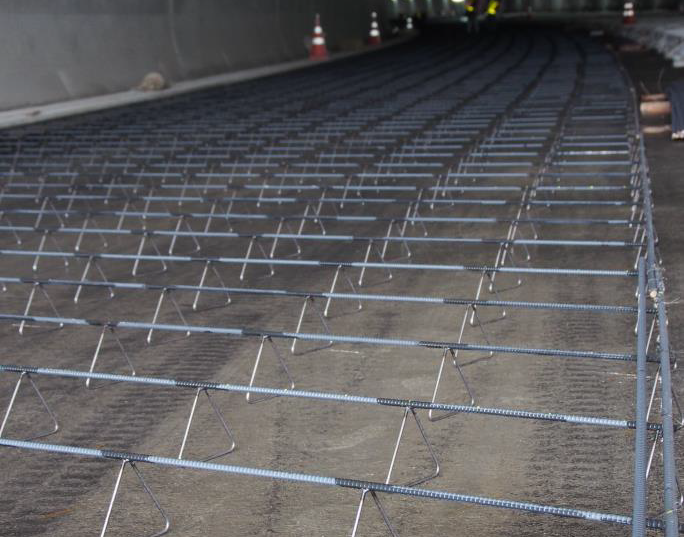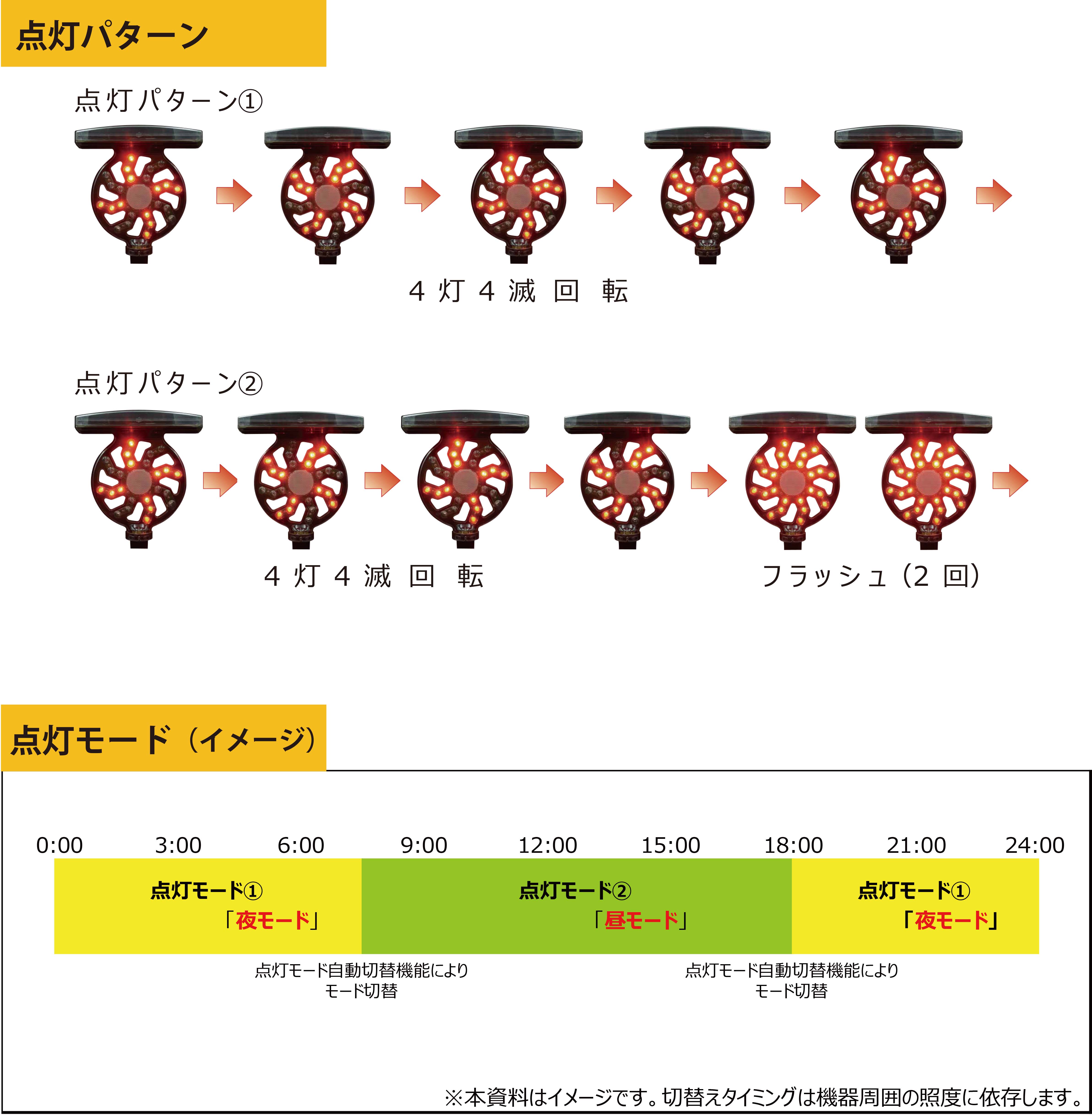ピット大学の研究者たちが、急激な気温の変化がコンクリート舗装道路に与える影響を調査。 Pitt Researchers Examine Effect of Sharp Air Temperature Variations on Concrete
2022-11-14 ピッツバーグ大学
天候が舗装道路に与える影響はよく知られています。しかし、気候変動がこの状況を加速させ、インフラに壊滅的な影響を及ぼしています。コンクリートは、熱で軟化するアスファルトよりも、猛暑に耐えられると考えられています。しかし、ピッツバーグ大学スワンソン工学部のアンソニー・ギル教授(土木・環境工学)のレフ・カザノビッチ氏が率いる新しい研究では、コンクリート舗装は平均的な気温の上昇には影響を受けないものの、日中の気温の急激な変化には極めて敏感に反応することがわかりました。
つまり、昼が暑くなり、夜が寒くなると、コンクリート舗装は大きな影響を受けることになるのです。
「コンクリート道路は、米国内の道路全体の5%にも満たないが、走行距離の約26%を占め、経済の発展に大きく貢献している」とKhazanovichは説明した。
この研究では、温暖な気候と暑い気候の両方で、そのような増加する極端な熱現象の影響を調べ、温暖な気候のコンクリート舗装はさらに影響を受けることがわかりました。さらに、厚い舗装は薄い舗装よりも極端な温度に対して敏感であることがわかりました。つまり、主要な高速道路やフリーウェイが最も危険にさらされているということです。
<関連情報>
- https://news.engineering.pitt.edu/climate-change-creates-complications-for-concrete/
- https://www.sciencedirect.com/science/article/pii/S2590123022004066
気候変動と都市部のヒートアイランドがコンクリート道路の劣化に与える影響 Effect of climate change and urban heat islands on the deterioration of concrete roads
Sushobhan Sen,Haoran Li,Lev Khazanovich
Results in Engineering Available online: 31 October 2022
DOI:https://doi.org/10.1016/j.rineng.2022.100736

Highlights
- •Concrete pavements are an important component of infrastructure.
- •Climate generates thermal gradients and stresses.
- •Concrete pavement performance is sensitive to changes in daily temperature range.
- •Climate change may increase fatigue damage and reduce service life.
- •Thicker pavements are more susceptible to increased fatigue damage.
Abstract
Concrete pavements constitute a relatively small portion of US roadways but carry a disproportionately high volume of traffic. The potential deterioration in the long-term performance of these pavements due to climate change and the Urban Heat Island (UHI), however, has received little attention. To evaluate pavement performance, the present study considered thick and thin concrete pavements in the desert climate of Phoenix, AZ and the continental climate of Boston, MA using the Mechanistic-Empirical Pavement Design Guide (PavementME). To simulate potential climate change and UHI, the daily minimum and maximum air temperatures were uniformly and independently increased and the change in pavement damage as compared to the existing climate was evaluated. It was found that the change in damage had a strong, positive correlation with the change in Diurnal Temperature Range (DTR). This can be explained by the increase in concrete stresses due to combined applications of highly non-uniform temperature distributions through the slab and heavy truck loads. These stresses in turn affect the development of cracks in the pavement and hence its long-term performance. Additional variability in the DTR during each day of the service life further enhances this effect. It was found that increasing the thickness of concrete pavements actually leads to a greater sensitivity to change in DTR.


